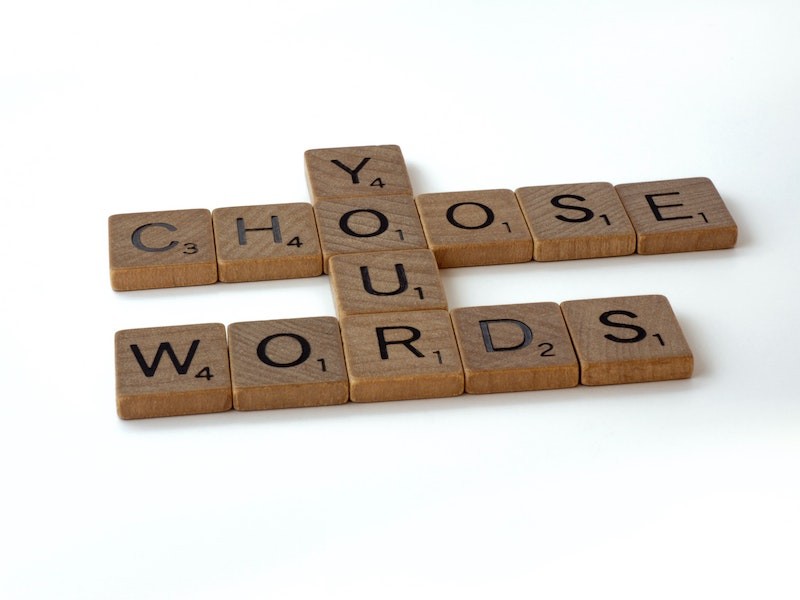How Does Branding Affect Customer Service?

Over the past few years, brands in Singapore have borne witness to the burgeoning importance of good customer service in helping their business to grow. According to a survey by credit card firm American Express, two out of three Singaporeans did not complete a purchase in the past year due to poor customer service.
Per the same survey, for two-thirds of Singaporeans, two or more bad experiences with a company will cause them to take their patronage elsewhere, while one-third said that they would switch companies after just one negative experience.

All these underscore how critical excellent customer service is to retain loyal customers who are also willing to spend more. Although Singaporeans are among the most demanding consumers in the world when it comes to customer service, they are also among the most generous at rewarding good service. Upon receiving excellent service, Singaporean customers said that they would spend an average of 16% more as compared to receiving subpar service.
How then, can a brand ensure that their customer service is done to the best of their abilities and will satisfy the modern Singaporean consumer?
Well, one method of ensuring consistent and exemplary customer service is through branding. In this article, we’ll take you through certain elements of branding that help with customer service.
Tone of Voice
“Don’t speak to me like that!”
It’s highly likely that you’ve been scolded by your parents like so – or some variation of the above – when you were younger. Use the wrong tone of voice one too many times and you’ll find yourself facing a rattan cane or even a hanger that’s been bent out of shape.
Well, did you know that the same can happen with brands?
When brands use the wrong tone of voice with their clients, they get rejected by their customers. And as we all know, rejection hurts. Especially when the brand is trying to communicate and appeal to them honestly and sincerely.
In fact, consumers might go so far as to avoid the services and products that particular brand has, just because of their wrongly-chosen tone of voice. More than ever, customers want to make an emotional connection with the brands they follow. They hope to read content that speaks to them, not at them, and not past them.
According to Sophie Scott, a neurobiology researcher, our brains process words we hear separately from the tone in which we hear them. This means that when brands say something to customers, their brains interpret the meaning of what brands said through “words” and “melody”.
Essentially, the customer assigns a voice and tone to that particular brand, which is why it’s incredibly important to consider the impact of tone of voice in customer service.
Word Bank
When you’re communicating with anyone through the capacity of a brand, a word bank is a quintessential element that is incredibly helpful. Word banks are simply a list, or banks, of words and phrases that brands want to keep using in their brand communications. Having this simple list helps brands stay true to their brand voice and personality, minimising the chance of saying the wrong thing to their consumer.

Believe it or not, people who use and hear positive language regularly developed changes in their brains that made them feel more positive all the time. All these can be used in customer service to help your customers have a more positive experience with your brand, both at the current moment and over the course of your relationship with them. A great example of this comes from Carolyn Kopprasch, Chief Happiness Officer at Buffer.
Consider the difference between the following two sentences:
- “Actually, you can do this under “Settings!”
- “Sure thing, you can do this under “Settings!”
Do you feel the difference?
Try it with the following two sentences again! Consider the difference between the two:
- “I really appreciate you writing in, but unfortunately, we don’t have this feature available.”
- “I really appreciate you writing in! Unfortunately, we don’t have this feature available.”
Are you able to feel how much brighter and happier the sentences are without “actually” and “but”? When consumers are asking questions on how to use products or services, the addition of the word “actually” and “but” (or any other negative word, for that matter) may backfire, causing the client to feel demoralised, corrected, and upset at the experience they just had.
Positive words are incredibly powerful in establishing positive experiences with customers, and it’s time that brands started looking at the impact of their words on customer service.
Mood Words
Mood words are incredibly helpful for setting out a direction for your brand. For example, if a brand’s mood words are “energetic”, “vibrant”, and “playful”, they can be applied to how the brand responds to its customers.

When clarifying your brand tone, ask yourself the following question:
“How do I want my brand to make people feel?”
Do you want your audience to feel well-taken care of? Empowered? At peace? Excited?
The list is inexhaustible and depends heavily on the direction in which your brand wants to grow in. When it comes to responding to customers, brands can use their mood words to guide their communications, allowing for consistency throughout the entire business.
Communication is Key
Ultimately, customer service represents your brand image, mission, and value. All of these need to be carefully considered prior to communicating with your clients through your customer service team because these interactions are what make or break the relationship between your brand and its consumers.
Would you like to learn more about how to be careful and mindful when your brand communicates with its clients? We would love to help. Due to the COVID-19 pandemic, Enterprise Singapore has increased the cost defrayed for each branding project from 70% to 80%.
For a complimentary, no-obligations, brand audit, contact us today.